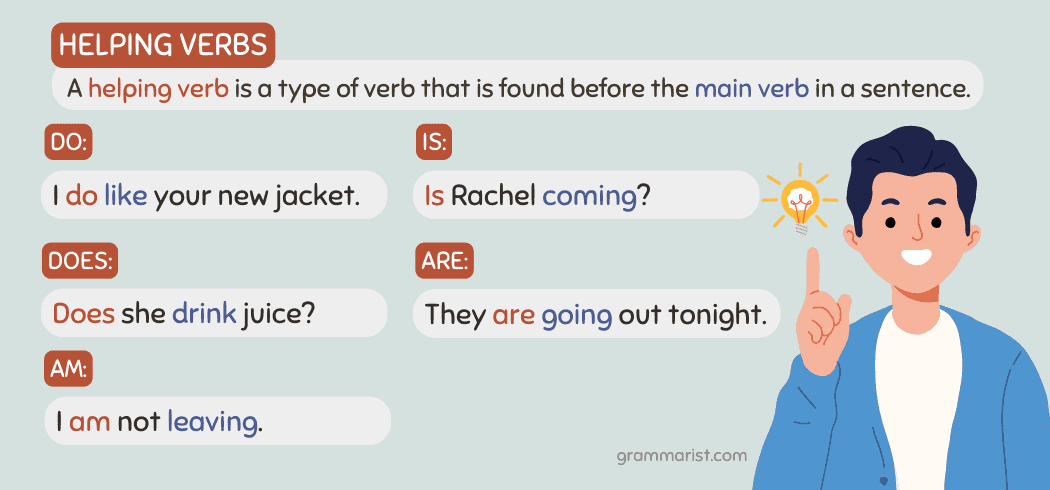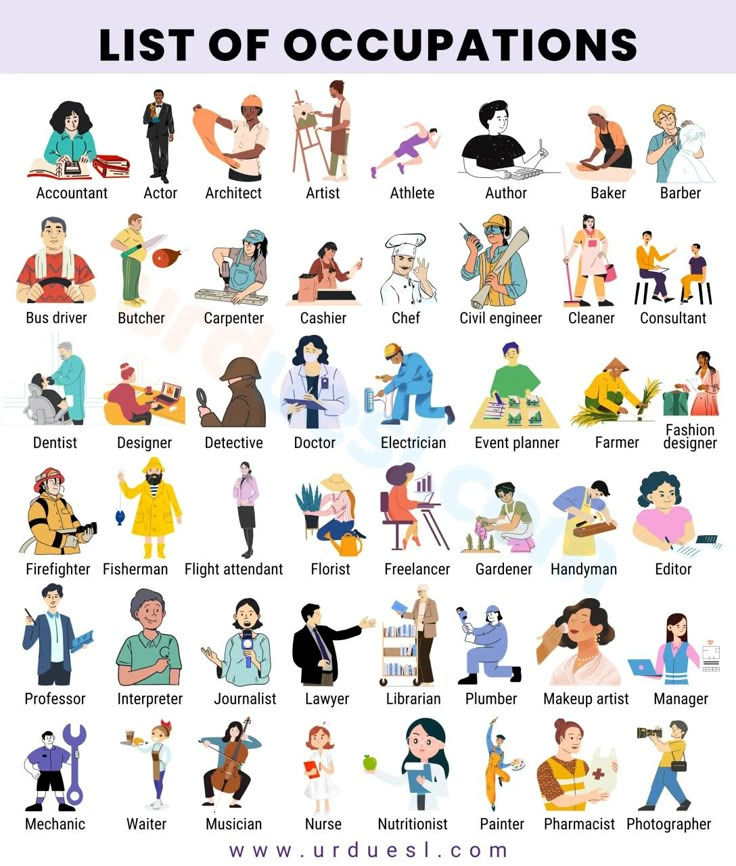Religion’s Role in Job Interviews: Law, Etiquette, and Practical Guidance for Candidates and Employers
Introduction: Understanding Religion’s Impact on Job Interviews
Religion can be an important part of a person’s identity, influencing not only their values but also their approach to work and career decisions. However, when it comes to job interviews, both candidates and employers must navigate this sensitive topic carefully. Understanding the legal framework, best practices, and practical steps can help all parties ensure fairness, avoid discrimination, and foster an inclusive workplace. This article provides a detailed exploration of how religion influences job interviews, the legal protections in place, and actionable advice for candidates and employers alike.
The Legal Framework: What the Law Says About Religion in Hiring
In the United States, Title VII of the Civil Rights Act of 1964 prohibits employers from discriminating against candidates based on religion during the hiring process. This law requires that hiring decisions are made solely on the basis of qualifications, skills, and ability to perform the job-not on religious beliefs or affiliations. Employers are generally not allowed to ask about an applicant’s religion, religious practices, or beliefs in job interviews. Doing so can expose organizations to potential discrimination claims and legal challenges [2] .
There are, however, limited exceptions. For example, faith-based organizations that are hiring for roles directly related to religious duties may inquire about religious beliefs to ensure alignment with their mission. Even in these cases, organizations must ensure their questions are relevant and not invasive [2] .
If you believe you have been asked an inappropriate question about religion during a job interview, you may wish to consult the U.S. Equal Employment Opportunity Commission (EEOC) or seek legal advice from an employment law specialist for guidance on your rights and potential next steps. You can find more information on the EEOC’s official website by searching for “religious discrimination in employment.”
Interview Etiquette: Should Candidates Discuss Their Religion?
Many candidates are concerned about mentioning religion in job interviews due to fears of discrimination or negative bias. Most experts and career advisors suggest avoiding the topic unless it is directly relevant to the job or the employer initiates the conversation in a lawful and respectful manner. Religion is considered a personal matter, much like political views or pregnancy, and is generally not discussed unless necessary [1] .
If a candidate’s religious beliefs are central to their career motivation-for example, if they are applying for a role at a religious institution or seeking accommodations for religious practices-they must decide how much, if any, to disclose. Some candidates may choose to share information about their religious needs, such as requests for certain days off for religious observances, but this should be approached thoughtfully. If you choose to share, focus on how your beliefs positively impact your work ethic or align with the organization’s values, and be prepared to discuss any accommodation needs in a respectful and constructive manner.
Employer Best Practices: Navigating Religion Respectfully and Legally
Employers must exercise caution when religion comes up during hiring. The best practice is to focus interview questions on skills, experience, and job-related qualifications. Employers should:
- Refrain from asking direct or indirect questions about an applicant’s religious beliefs or practices unless required by the job and within legal exemptions.
- Ensure all interviewers are trained on anti-discrimination laws and the appropriate way to handle sensitive topics, including religion.
- If a candidate volunteers information about their religion, respond professionally and avoid making assumptions or judgments.
Employers are also required by law to provide reasonable accommodations for an employee’s religious beliefs or practices as long as doing so does not impose an undue hardship on the operation of the business. Reasonable accommodations might include flexible scheduling for religious holidays, dress code modifications, or allowing brief prayer breaks. Each request should be evaluated on a case-by-case basis, and employers should engage in an interactive process to find mutually acceptable solutions [2] .
Practical Guidance for Candidates: Navigating Religion in Interviews
If you are a job seeker and religion is important to you, consider the following steps:
- Decide whether to disclose: Think carefully about whether it is necessary to mention your religious beliefs or accommodation needs during the interview. If not directly relevant, it is generally advisable to keep the conversation focused on job-related skills and experience.
- Prepare for questions: If asked an inappropriate question about religion, you may choose to politely redirect the conversation back to your qualifications. For example, “I prefer to focus on my experience and how I can contribute to your organization.” If you feel uncomfortable or believe the question was discriminatory, you can document the interaction and seek guidance from an employment law professional or contact the EEOC.
- Requesting accommodations: If you anticipate needing a religious accommodation (such as time off for observances), you may choose to bring this up after receiving a job offer rather than during the initial interview. This timing can help ensure your qualifications are the primary focus of the hiring decision [2] .
Practical Guidance for Employers: Ensuring Compliance and Fairness
To create a fair and inclusive hiring process, employers should:
- Train all hiring personnel on the legal requirements of Title VII and best practices for handling religion in interviews.
- Use standardized interview questions that focus on job-related criteria for all candidates.
- Implement a clear process for handling requests for religious accommodations, including documentation and case-by-case evaluation.
- Maintain an open-door policy for employees or candidates who have concerns about religious discrimination or accommodations.
- Seek legal advice or consult with HR experts for complex situations or when developing new policies.
Employers should also be aware of the potential for unconscious bias. Even subtle cues or assumptions about a candidate’s religion can influence decision-making. Regular training and a commitment to diversity and inclusion help prevent discrimination and foster a positive workplace culture.
Case Studies and Real-World Examples
Consider the example of “Michael,” a candidate who chose to mention his religious practices during an interview, believing it to be central to his motivation and work ethic. While Michael made this personal decision, he was aware of the risks, including the possibility of discrimination or being passed over without clear evidence [1] . His experience illustrates the careful balance candidates must strike between authenticity and self-protection.

Source: madebyteachers.com
Research from Rice University highlights that employees who feel a religious or spiritual calling to their work may be highly motivated, but they can also be at risk for mistreatment if their beliefs are not understood or respected by colleagues and managers [3] . This underscores the importance of proactive policies and open communication in the workplace.
Implementation Steps for Candidates and Employers
For candidates:
- Prioritize your comfort and safety; share only what is necessary and relevant.
- Document any concerning interactions for your records.
- Consult legal professionals or the EEOC if you suspect discrimination.
For employers:

Source: es.learniv.com
- Review and update interview protocols and training materials regularly.
- Establish clear policies for religious accommodations and communicate them to all staff.
- Engage in open dialogue with candidates and employees about their needs.
- Seek guidance from HR experts or employment law attorneys for complex situations.
In both cases, fostering a respectful, legally compliant, and inclusive environment benefits everyone involved and supports better hiring outcomes.
Alternative Approaches and Additional Resources
If you are unsure about your rights or obligations regarding religion in job interviews, you can take the following actions:
- Search for “EEOC religious discrimination guidance” to find official resources and complaint procedures.
- Contact local or state human rights commissions for additional support or information.
- For employers, consider joining professional HR organizations that offer training, resources, and legal updates on workplace diversity and inclusion.
Staying informed about the latest laws, best practices, and support resources is essential for both job seekers and employers in today’s diverse workforce.
References
- [1] Recruiter.com (n.d.). Should You Discuss Religious Practices During a Job Interview?
- [2] Punch & Work Law (2023). Navigating Religion in the Workplace | Employment Law Insights
- [3] Rice University News (2023). Religious calling to a job can motivate employees but might result in mistreatment going unaddressed


